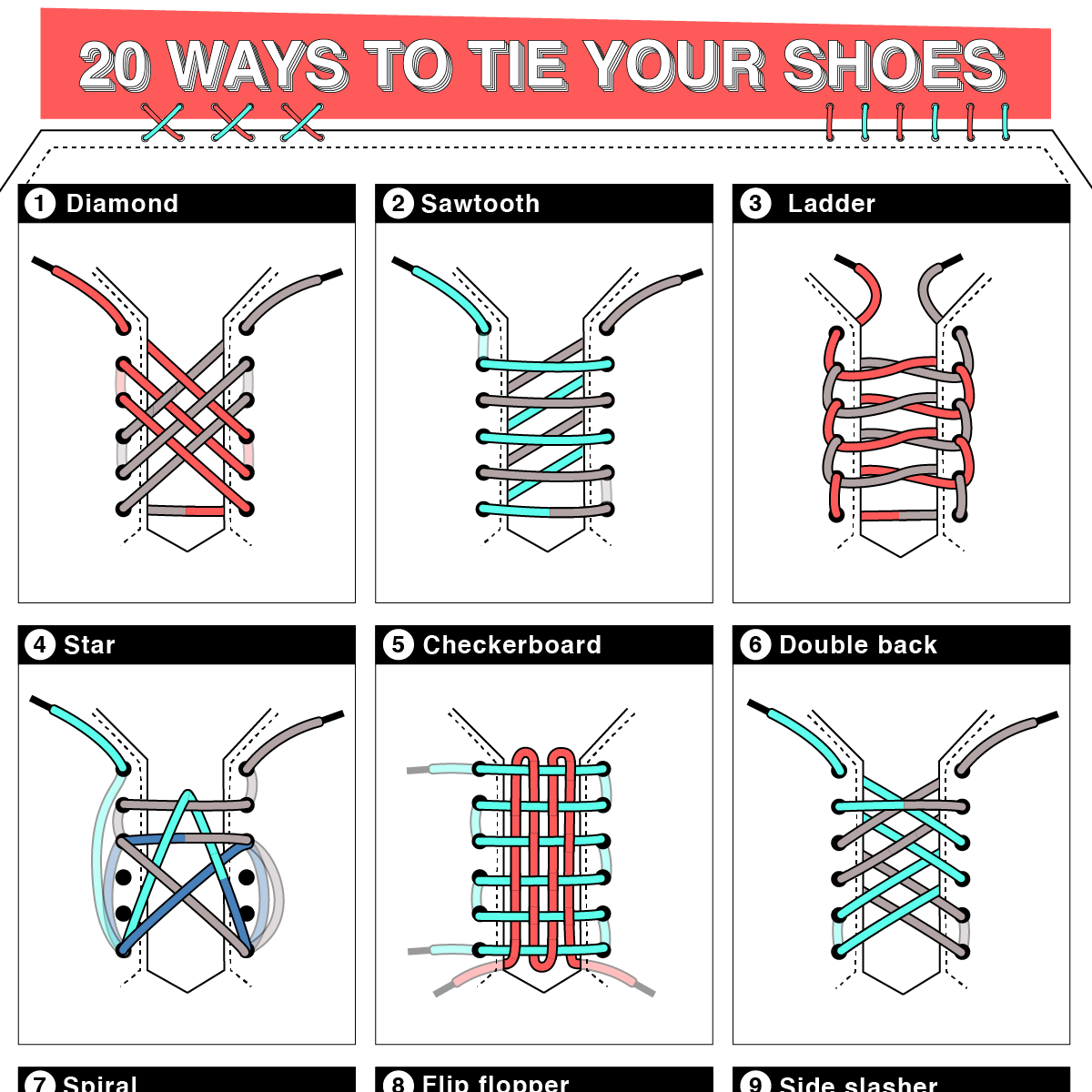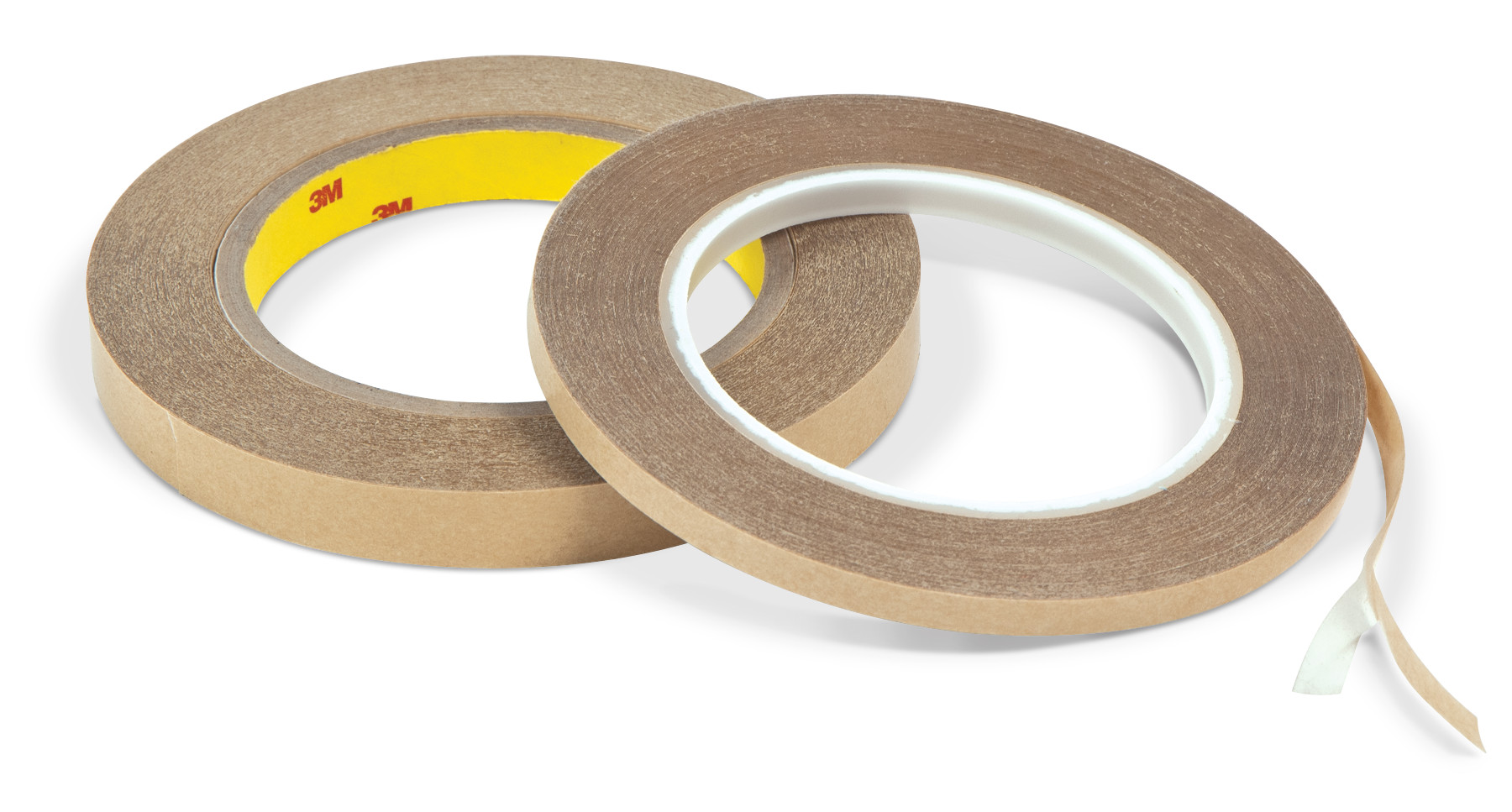UNSW on X: Eventually, the telomere is too short – the cell stops dividing and either destroys itself or becomes inactive. As we age, many of our cells reach this stage, so
By A Mystery Man Writer
Description
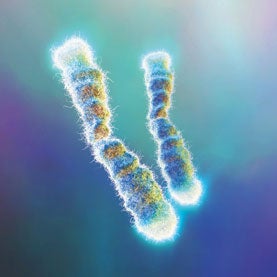
My, What Long Telomeres You Have

Telomeres (not finished) Flashcards

Chapter 10 Part 8 - The Hayflick Limit and Telomeres

Chromosome telomere length and structural integrity in eukaryotic cells

Solved Practice Problem: Tolomeren 15 of 18) Tolomeros solve

Science Fiction's Obsession with Human Mortality

Solved The absence of telomerase activity may impact cell
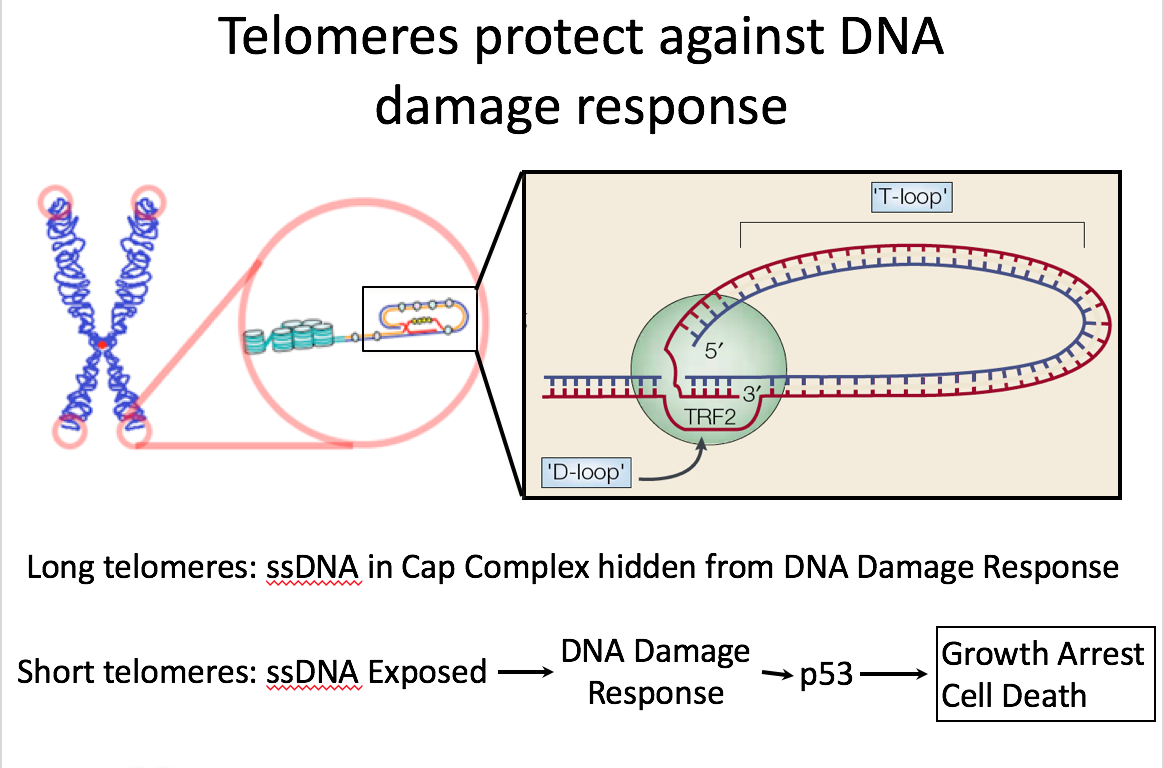
Week 6 - Life Death & Cellulary Immortality Flashcards

Telomere length declines with age, but relates to immune function independent of age in a wild passerine
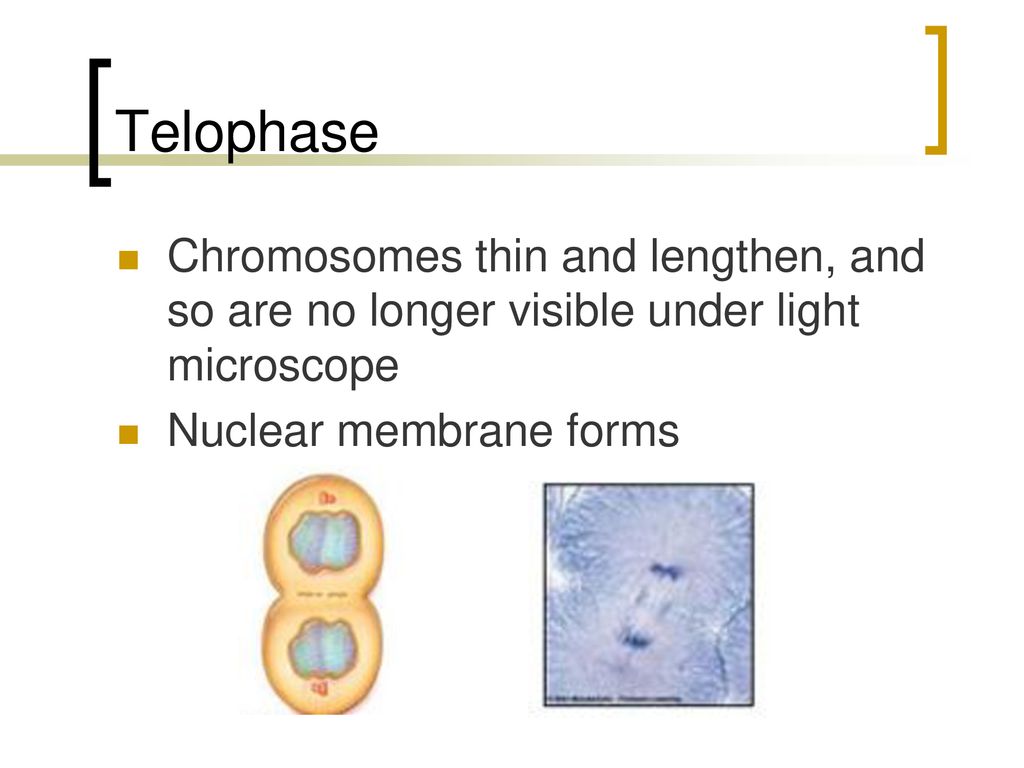
Learning Objectives To recognize the stages and phases of the cell cycle Investigate mitosis using inquiry skills Describe the cell cycle in animals, and. - ppt download

How Telomeres Solve the End-Protection Problem
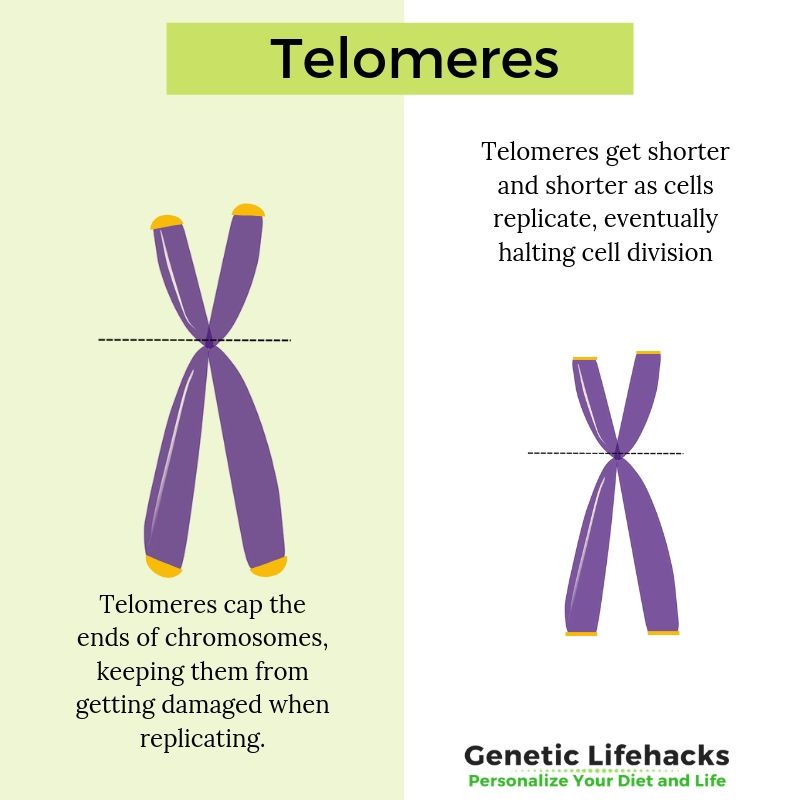
Telomere Length and Aging: Genetic Connection
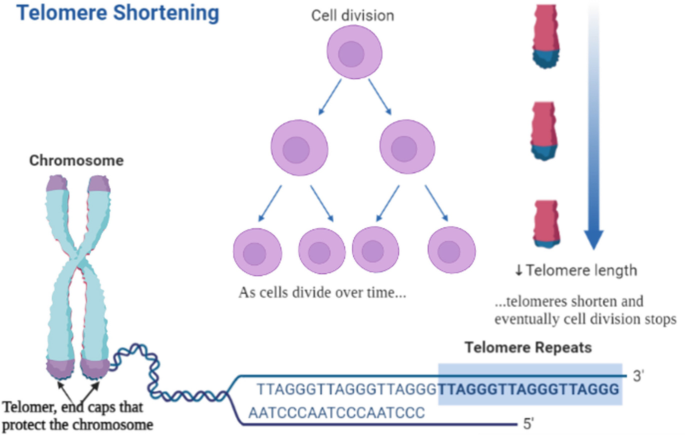
Telomerase and its Inhibitor in Cancer Therapeutics: Current Status and Future Prospective
from
per adult (price varies by group size)



